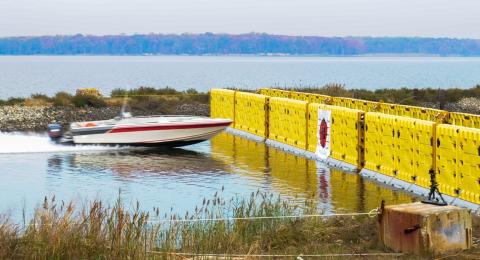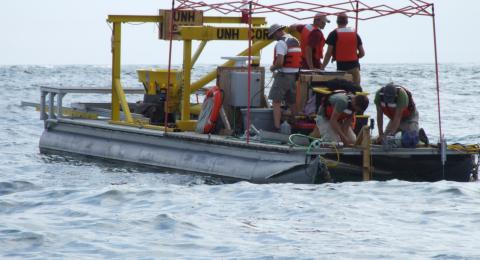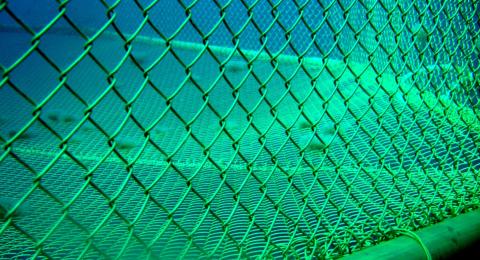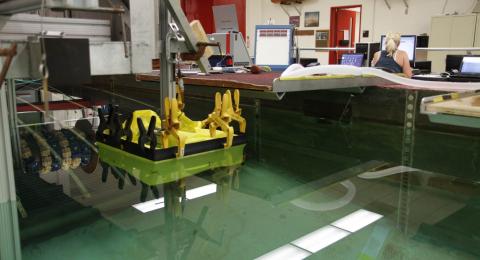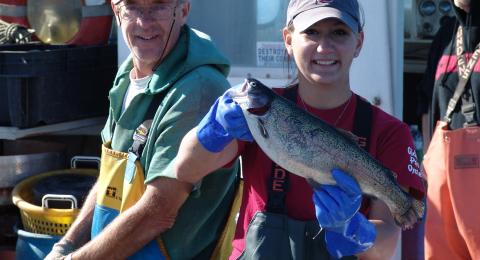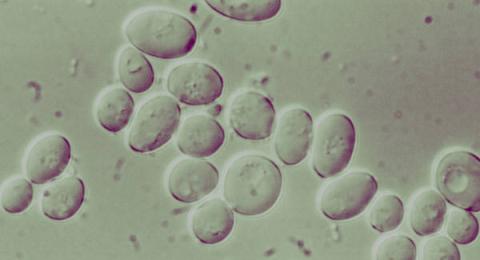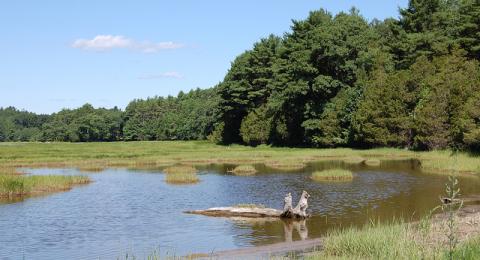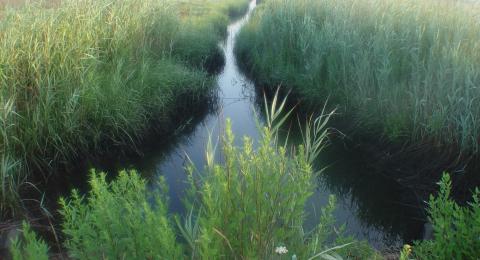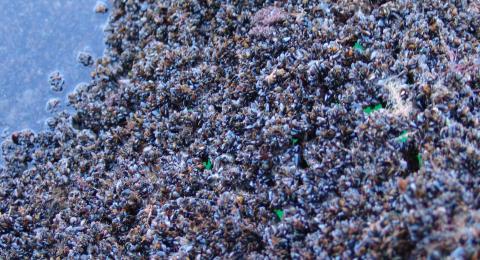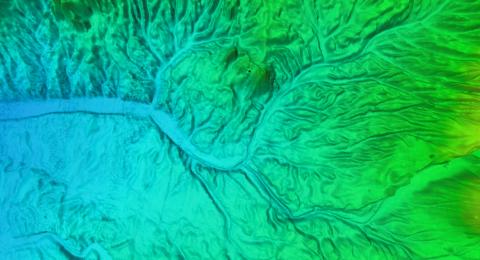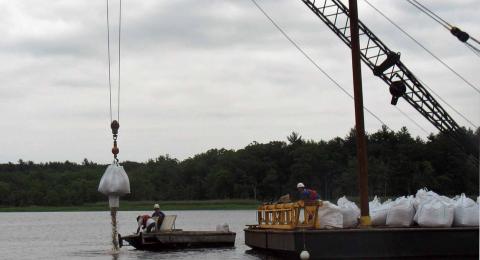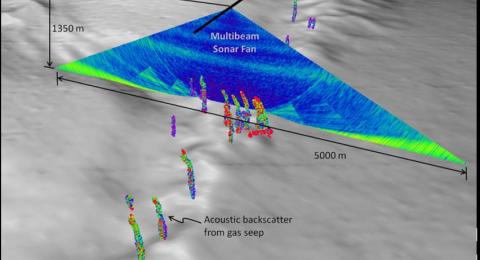Research Initiatives
Protection of sensitive marine installations and infrastructure is critical in today's geo-political climate. The Center for Ocean Engineering worked with HALO Maritime Defense Systems to analyze the response of the floating barrier to high velocity vessel impacts. Engineers used a combination of…
Learn More
In July 2012, the University of New Hampshire Center for Ocean Renewable Energy (UNH-CORE) tested an industry developed hydrokinetic turbine at Muskeget Channel in Massachusetts on the Center’s 35 foot Tidal Energy Test Platform. The test team included Dr. Martin Wosnik, Dr. Judson DeCew, Matthew…
Learn More
Researchers at the Center for Ocean Engineering, in collaboration with Canakkale University, Turkey, and the International Copper Association, are working to better understand the fouling resistance, hydrodynamics and volumetric integrity of aquaculture cage systems utilizing copper alloy net…
Learn More
Researchers at the Center for Ocean Engineering are working with SINTEF Aquaculture and Fisheries, Norway, and the United States Naval Academy to better understand the external loadings and response of closed contained fish cages. The response of these floating recirculation systems to various…
Learn More
UNH/NH Sea Grant research scientist, Michael Chambers coordinates a marine fish farming clinic at the Judd Gregg Marine Research Complex in New Castle, NH. Funded by Saltonstall Kennedy and NH Sea Grant, 8 local fishermen participated in the one day program. The fishermen learned how to harvest…
Learn More
Environmental microbiology and toxicology research at the Marine School focuses on the interface between living systems and abiotic conditions in natural environments. Its aim is to gain a better understand of how microorganisms, mainly bacteria, grow, survive, and maintain viability in…
Learn More
Tthis project is part of the NRCS Wildlife Habitat Improvement Program (WHIP) and is aimed at implementing multispecies restoration of estuarine habitat consisting mainly of shellfish and eelgrass. David Burdick, Ray Grizzle, Fred Short and Gregg Moore are the principal investigators. …
Learn More
The study of Tidal Marsh Ecology incorporates physical processes and biological interactions to better understand critical functions of marshes, including carbon and sediment sinks, contaminant and nutrient filters, flood buffers, nutrient cycling, and habitats for fish and wildlife. Our research…
Learn More
Funded by NOAA's National Estuarine Research Reserve, Graduate Research Fellowship Program; awarded to Mark Capone, 2005-2007, this project is focused on various ecological processes associated with restored and natural oyster reefs. It will provide information that will complement other ongoing…
Learn More
Use U.S. Law of the Sea (Extended Continental Shelf) multibeam bathymetry and acoustic backscatter data to quantitatively describe the morphology of the seafloor and interpret the processes that formed and modified the seafloor.
Learn More
Bubbles of methane gas can be found escaping the seabed throughout the worlds oceans. Methane is a key greenhouse gas, and any gas escaping the seabed that reaches the atmosphere has the potential to affect climate. Methane seeps also act as an energy source for chemosynthetic…
Learn More
